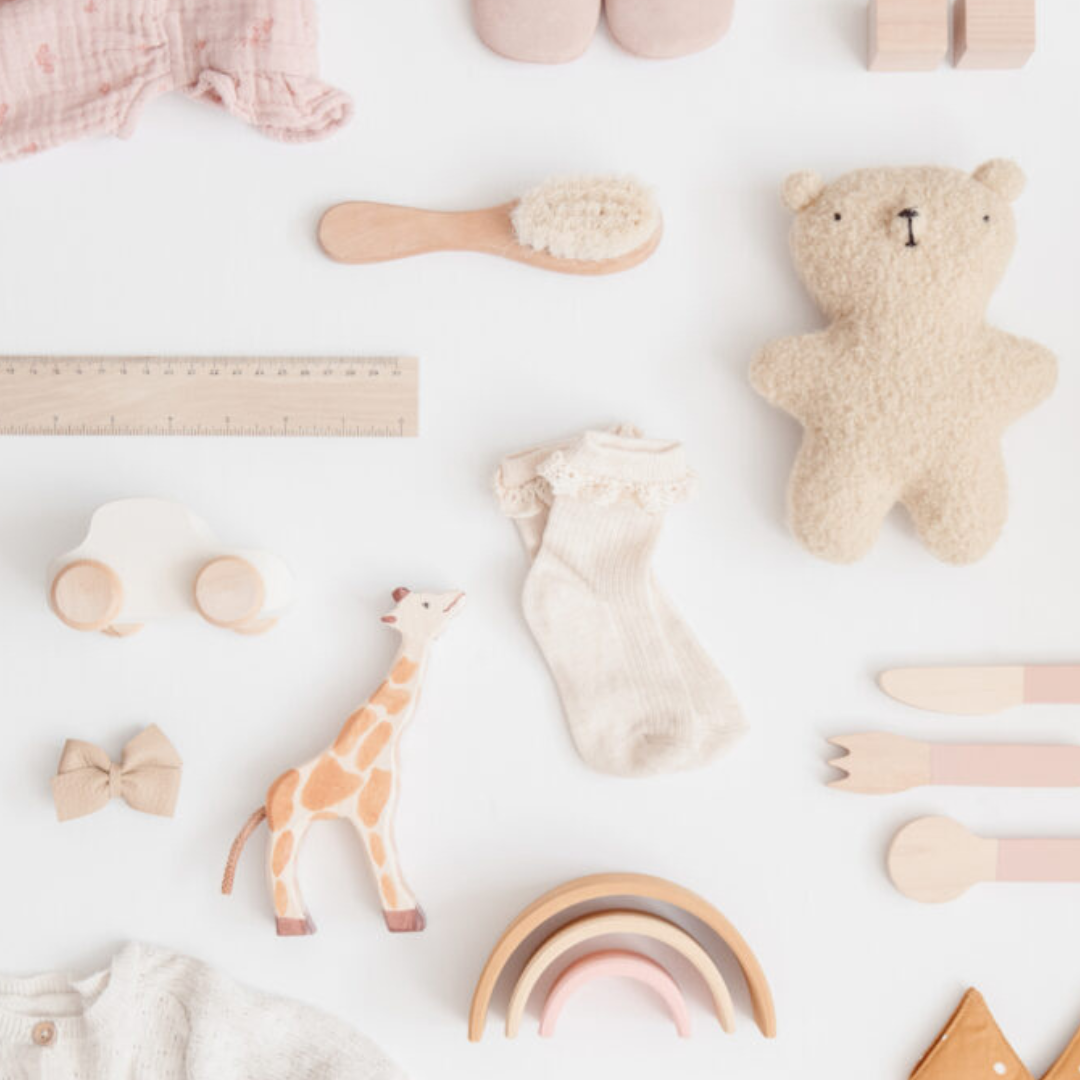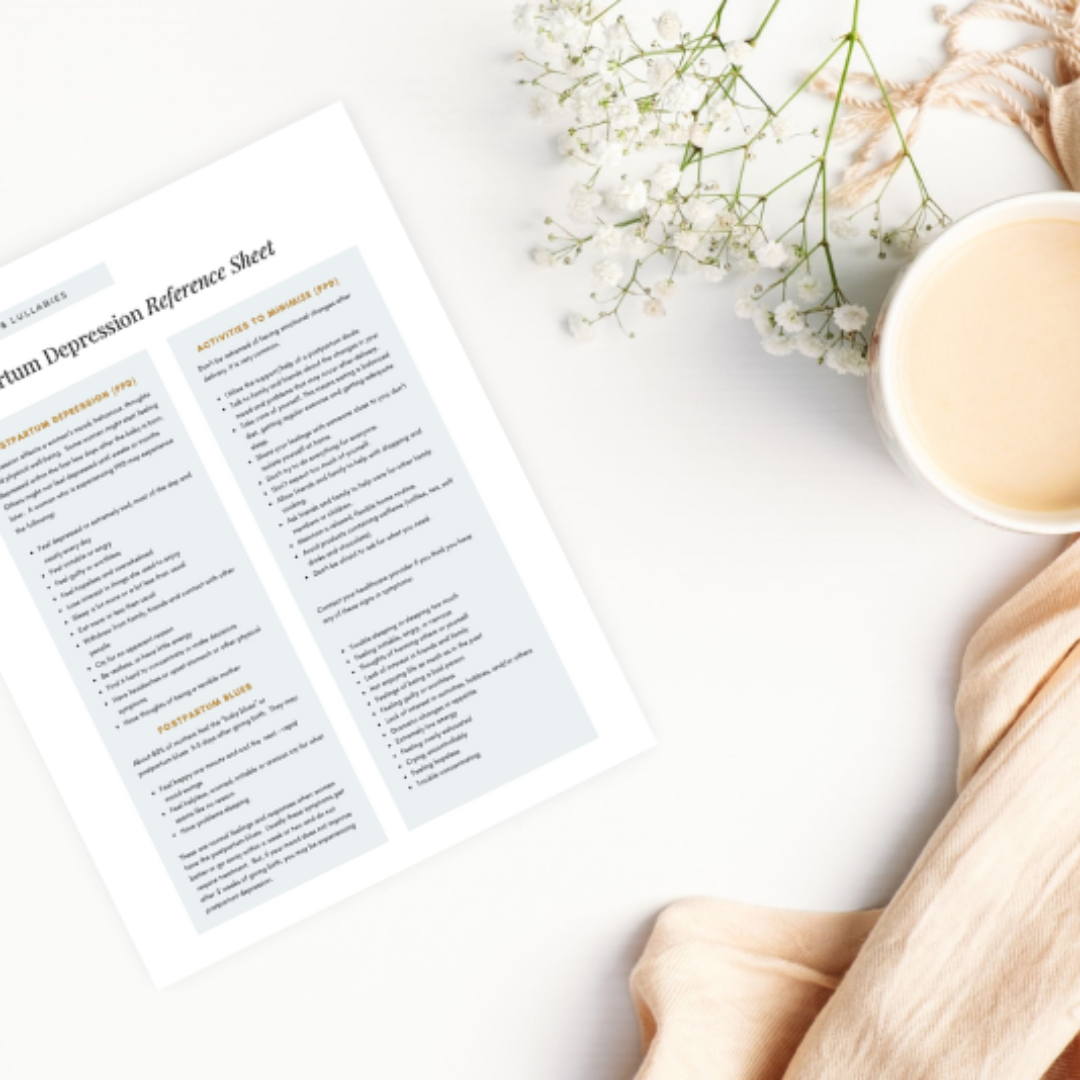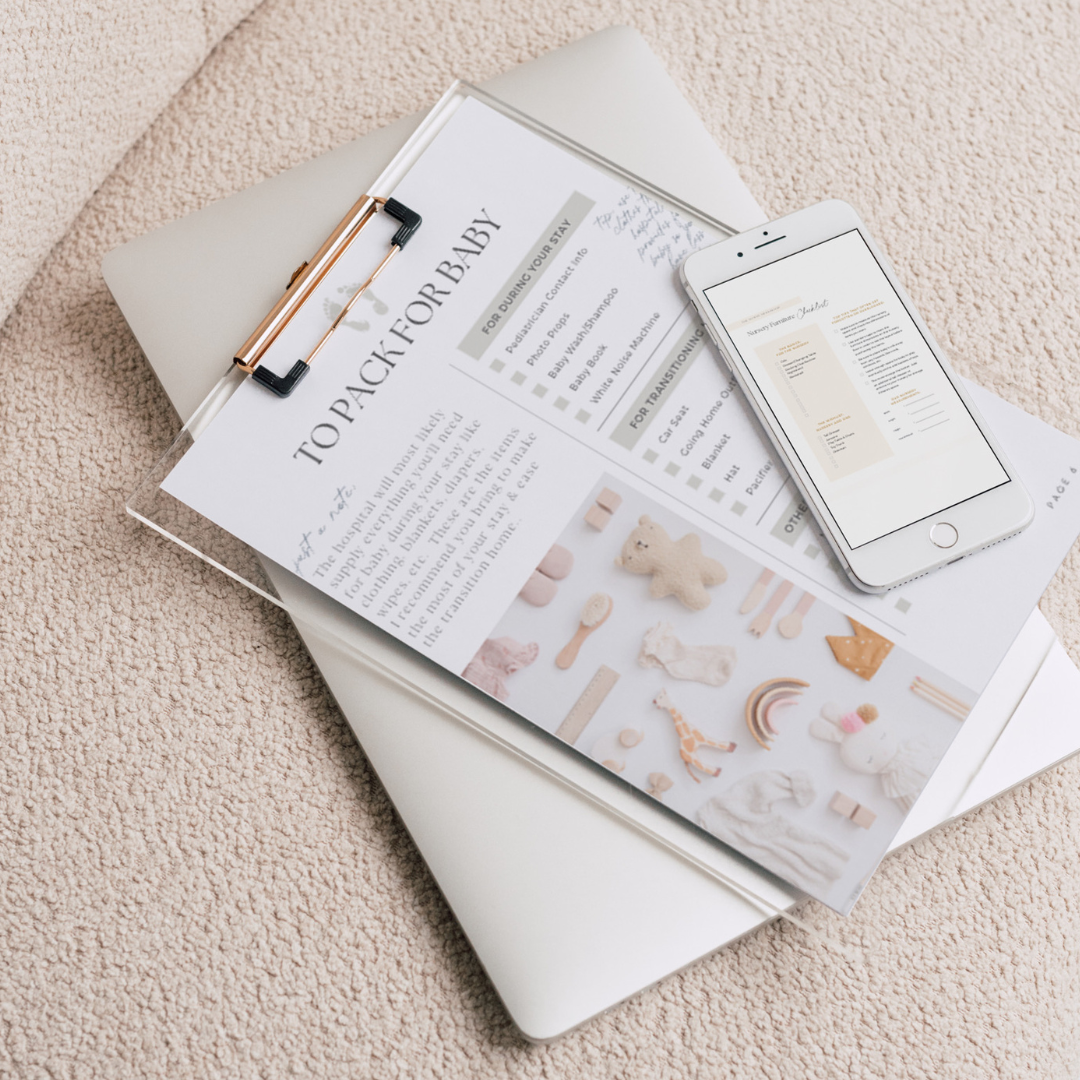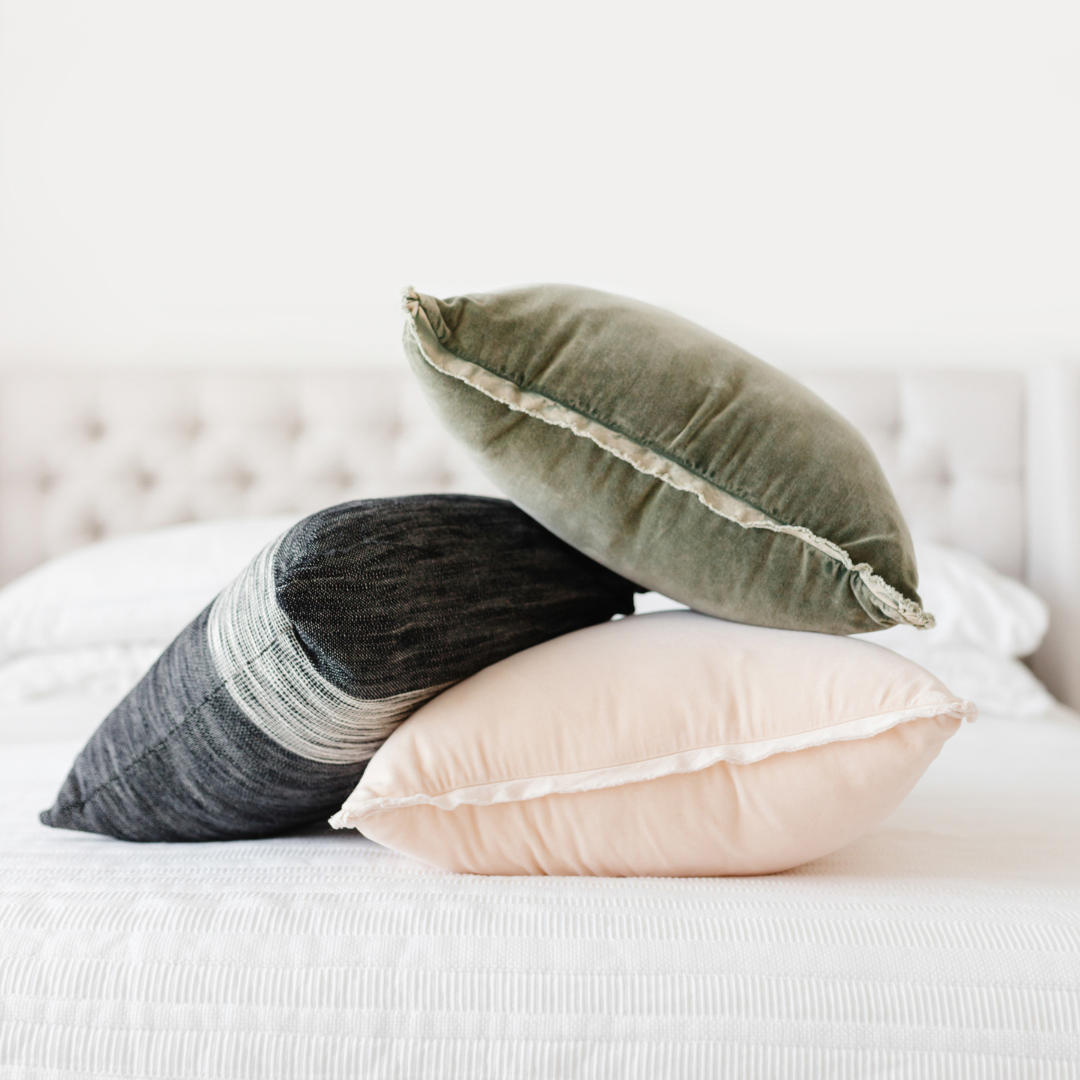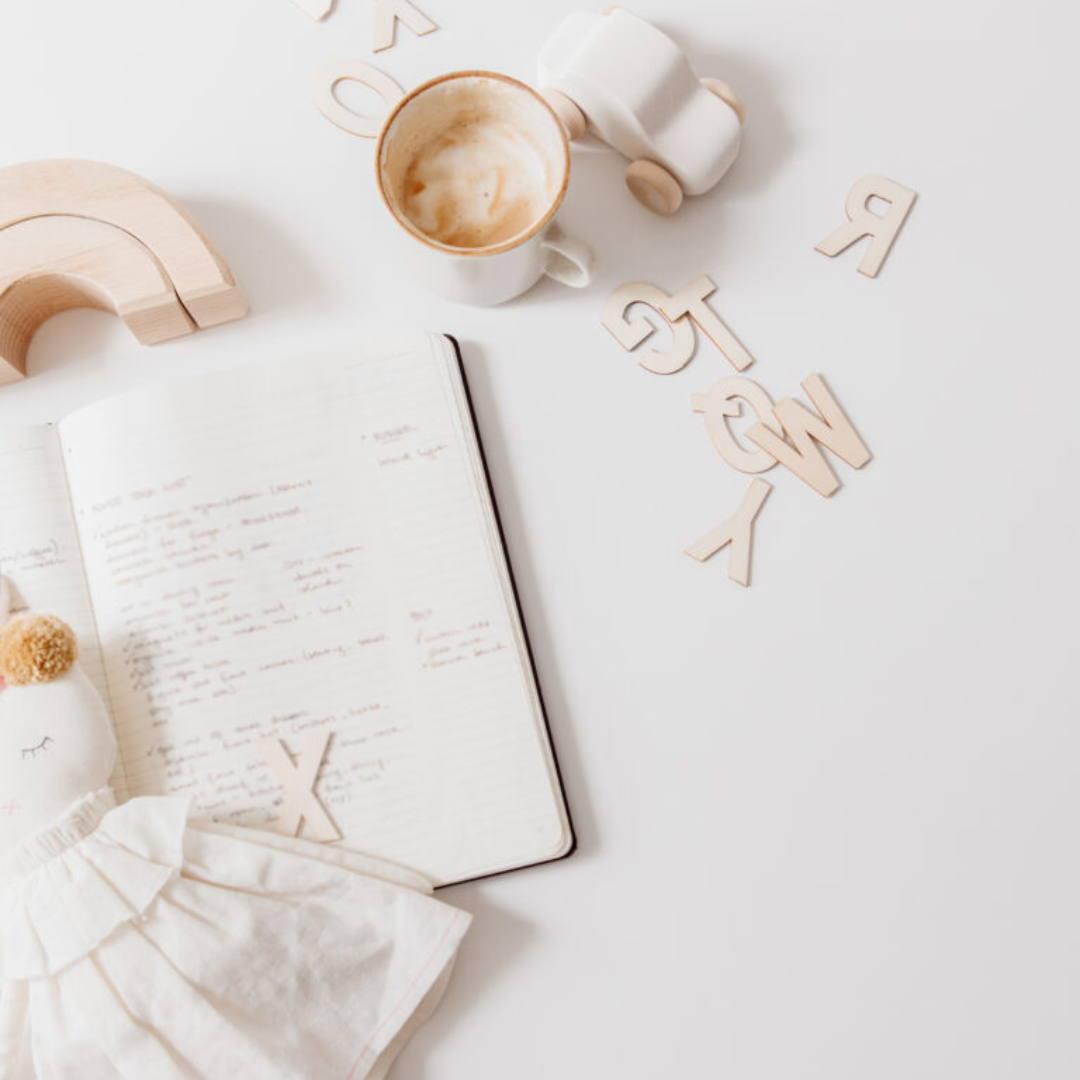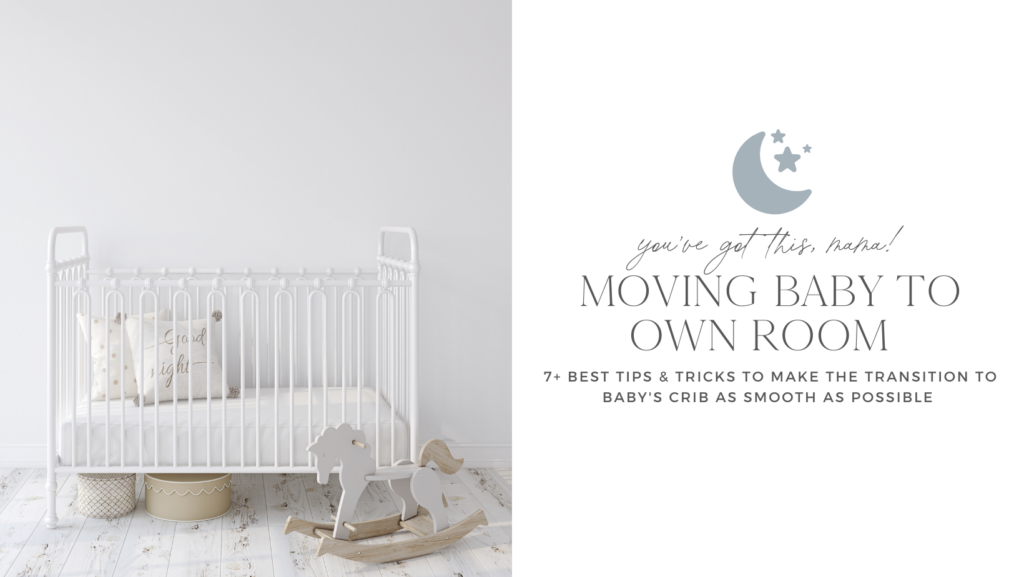
Are you getting ready to move your baby into his or her own room? It can be a daunting task, but with the right tips and tricks, it can be done smoothly and efficiently.
In this blog post, we will discuss the best ways to make the transition as smooth as possible for both you and your baby. We’ll provide helpful tips on everything from when to move your baby to their own room to how to create a relaxing bedtime routine. By following these tips and tricks, you can rest assured that your baby will have a smooth transition into their own room!
{We are a participant in the Amazon Services LLC Associates Program, an affiliate advertising program designed to provide a means for us to earn fees by linking to Amazon.com and affiliated sites. To learn more about affiliate links, click here!}
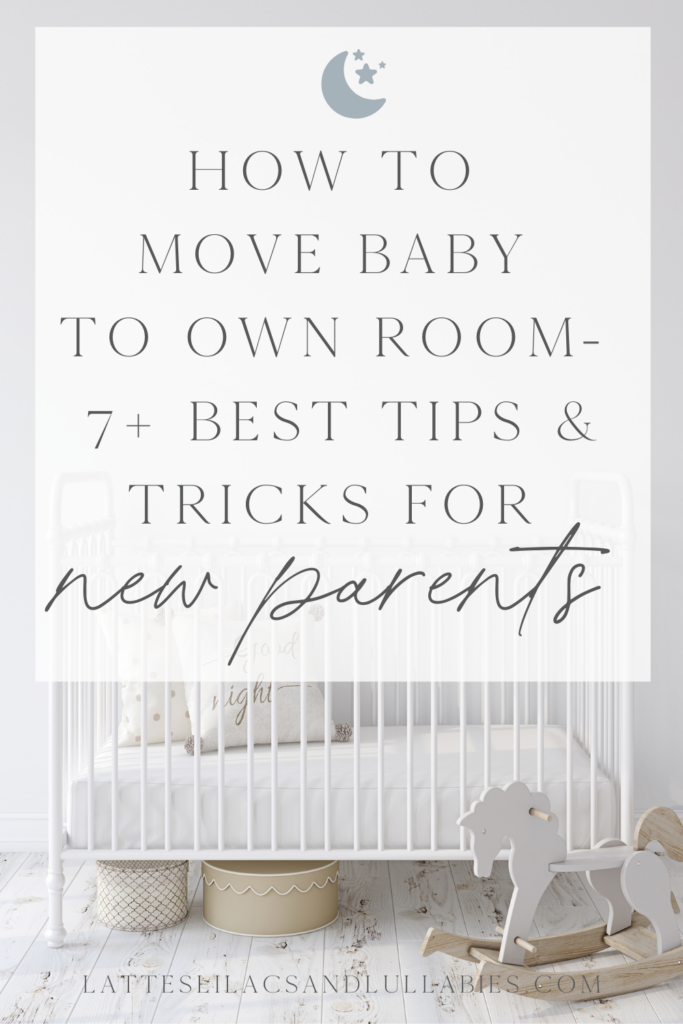
Related Post: The Best Way To Swaddle Newborn At Night- Tips for Soothing Your Baby
When To Move Baby To Own Room
So, when should you start thinking about moving your baby to their own room? It’s generally recommended that you wait until your baby is at least six months old. This gives them time to adjust to their new surroundings and gives you time to bond with them. However, if you feel like your home is getting too cramped or if your baby is having trouble sleeping, it may be time to start considering a move.
7 Tips For Moving Baby To Own Room
Once you’ve decided that it’s time to move your baby to their own room, there are a few things you can do to make the transition as smooth as possible.
1. Have a Consistent Schedule
First, try to keep your baby’s routine as consistent as possible. This means keeping their bedtime and nap times the same, if possible. You may also want to consider moving their crib or bassinet into their new room a few weeks before the big move. This will help them get used to their new surroundings and make the transition smoother.
2. Get Baby Used to His Crib During the Day
Another great tip is to start getting your baby used to their crib during the day. This means putting them down for naps in their crib and giving them some time to play in their room. This will help them get familiar with their new space and make the transition to sleeping in their own room much easier.
3. Create a Relaxing Bedtime Routine & Do It In The Nursery
Another important tip is to create a relaxing bedtime routine for your baby. This can include things like reading a bedtime story or singing a lullaby. You’ll want to do this in their new room so that they associate it with sleep. By creating a relaxing bedtime routine, you can help your baby feel more comfortable in their new space and make it easier for them to fall asleep.
4. Move Baby’s Bassinet Farther Away From Your Bed Each Night
If you’re rooming-in with your baby, a great way to ease them into their own room is to move their bassinet farther away from your bed each night. This will help them get used to sleeping in their own space and make the transition smoother.
5. Move Baby’s Bassinet Into The Nursery For Bedtime
Once your baby is used to sleeping in their bassinet and ready to move to their own room, you can start moving it into the nursery for bedtime. This will help them get used to sleeping in their own room and make the transition smoother.
6. Make Sure The Nursery Is Quiet & Dark
When it comes to moving your baby to their own room, one of the most important things you can do is to make sure the nursery is quiet and dark. This will help your baby sleep better and make the transition easier.
You may also want to consider using a night light or sound machine to help your baby sleep. These soothing items can be used in your room and then moved to the nursery with baby to create a consistent environment.
7. Make the Transition Fun
Finally, don’t forget to make the move fun! This is a big milestone for your baby, so try to make it an exciting event. Try to be patient with your baby and yourself and whatever emotions or challenges come your way.
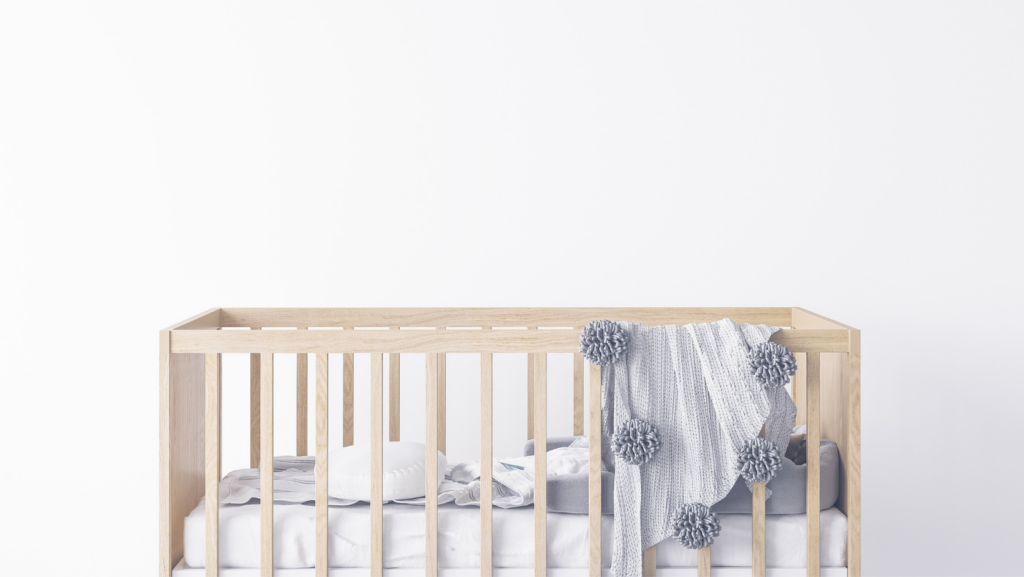
Benefits of Rooming Sharing
For many new parents, the idea of sharing a room with their infant can be daunting. However, there are actually several benefits to rooming sharing. One of the most important is that it can help to reduce the risk of sudden infant death syndrome (SIDS).
Studies have shown that infants who share a room with their parents are less likely to die of SIDS than those who sleep in a separate room.
Room sharing also makes it easier for parents to respond to their child’s needs during the night. And, as any sleep-deprived parent can attest, a few extra minutes of sleep can make a world of difference.
Benefits of Baby Sleeping In Own Room
If you’re a new parent, you might be wondering if you should have your baby sleep in your room or in their own room. While there are benefits to both, we think there are some clear advantages to letting your little one sleep in their own space.
For one, it gives them a chance to learn how to self-soothe and fall asleep on their own. And let’s be honest, it’s nice to have a few hours of uninterrupted sleep!
Additionally, having your baby sleep in their own room can help them develop a sense of independence and autonomy.
And finally, it gives you and your partner some much-needed alone time. So if you’re on the fence about where your baby should sleep, we say put them in their own room when you and your baby are ready and enjoy the benefits!
At What Age Should A Baby Be Moved to Their Own Room?
There is no set age for moving a baby to their own room. It’s important to wait until you and your baby are both ready. Moving too soon can be disruptive for your baby and make it harder for them to adjust. The American Academy of Pediatrics actually recommends rooming in for up to a year, but most parents like to move baby to their own room before 12 months.
How Do I Know When My Baby Is Ready To Move To Their Own Room?
There are a few signs that your baby is ready to move to their own room. One is that they are sleeping through the night without needing a feeding or a diaper change. Another is that they are staying in their crib for longer periods of time and not constantly trying to escape. And finally, they should be able to self-soothe and fall asleep on their own. If you’re not sure if your baby is ready, talk to your pediatrician. They will be able to give you some guidance on when the best time to make the move is.
The bottom line is that there is no right or wrong answer when it comes to moving your baby to their own room.
Do Babies Sleep Better In Their Own Room?
There is no definitive answer to this question. Some babies sleep better in their own room, while others sleep better when they are close to their parents. It really depends on the baby and what makes them feel comfortable.
If you’re not sure if your baby will sleep better in their own room, you can always try it for a few nights and see how they do. If they seem to be struggling, you can always move them back into your room.
The most important thing is to make sure your baby is comfortable and happy.

FAQ’s About Moving Baby To Own Room
Q: Can I move my baby to their own room if they are teething?
A: Yes, you can still move your baby to their own room if they are teething. Just be sure to keep in mind they may be fussier than normal and try to keep their routine as consistent as possible.
Q: My baby is moving around a lot in their sleep, should I wait to move them to their own room?
A: You can still move your baby to their own room if they are moving around a lot in their sleep. Just be sure to use a sleep sack instead of loose blankets in the crib and take all other items out of the crib like stuffed animals or bumper pads.
Q: My baby is sick, should I wait to move them to their own room?
A: No, you don’t have to wait to move your baby to their own room if they are sick. Just be sure to keep an eye on them and make sure they are comfortable.
Q: I’m not ready to move my baby to their own room, can I wait?
A: Yes, you can wait to move your baby to their own room if you’re not ready. Just be sure to keep their routine as consistent as possible and make the transition when you’re both ready.
These are just a few of the best tips and tricks for moving your baby to their own room. By following these tips, you can make the transition smoother for both you and your baby. So don’t wait any longer, start planning your move today!



